Keeping things safe and secure during transport is of the utmost importance. To keep things safe from the weather and possible damage during transport, vehicle & truck tarps are very important to this process. Tarpaulins are a reliable way to protect goods during the trip, whether they are on trucks, trailers, or flatbeds. To help you choose the best industrial tarps for your needs, we will talk about why they are so important in the transportation business.
1. Why To Use Tarps for Transportation Purposes
Weather Protection: Because they are like a cover, tarps keep cargo safe from things like rain, snow, and wind. By firmly covering the load, tarps keep moisture and dirt from damaging the goods, making sure they get to their destination in great shape.
Keeping Cargo Safe: One of the main jobs of tarps in shipping is to keep things in place. When tarps are properly attached, they keep things from moving around while they are being moved. This lowers the risk of accidents and damage to both the goods and the vehicle.
Free from UV rays: Things that are left out in the sun can fade and break down over time. UV-resistant tarps add an extra layer of protection, keeping goods safe from the damage that long-term sun exposure can do, especially on long trips.
Compliance with Regulations: In many places, it is not only the right thing to do to cover loads with tarps, but also the law. Following the rules for securing loads and putting up full-fledged and semi truck tarps is important to avoid fines and keep everyone on the road safe.
Versatility: Tarps come in many shapes, sizes, and fabrics so they can be used for a wide range of cargo and transportation needs. For construction materials, heavy-duty vinyl tarps are available. For agricultural goods, lightweight mesh tarps are available. There is a tarp for every need.
2. Placement: How & Where Tarps are Used in Transportation:
Trucks: Custom truck tarps are often used to cover and protect loads in dry vans and open trailers in the trucking business. Tarps help protect the goods from damage during shipping from rain, snow, and wind, weather on pallets.
Trailers: Flatbed trailers are often used to move heavy or oddly shaped goods that cannot fit in regular enclosed trailers. Heavy duty tarps are needed to cover and secure these loads, keeping them safe from the weather and making sure that the rules for load securement are followed.
Flatbeds: For flatbed trucks and trailers, you can move a lot of different things, like building materials, machinery, and even other vehicles. Protecting and covering these loads requires tarps, especially when moving fragile or weather-sensitive items.
Specialized Transport: Besides regular trucks and trailers, tarps are also used on dump trucks, tankers, and chilled trucks, which are special types of transportation vehicles. For these vehicles, tarps are custom-made to meet their special needs for protecting and securing loads.
Intermodal Transport: As intermodal transportation becomes more popular, goods are moved using more than one method of transport, like a truck, train, or ship. Tarps are very important for keeping the cargo safe during the whole trip. Tarps are a simple way to keep goods safe during intermodal travel, whether they are used to cover containers on ships or trailers on railcars.
3. Product: Best Things to Consider During Tarps’ Purchase:
Quality of Material: Choose long-lasting materials that will not tear easily, like heavy-duty vinyl or waterproof cotton. These will also stand up to UV light and bad weather. Think about how thick and heavy the tarp material is. Tarps that are thicker are stronger and better protect against wear and tear.
Fit and Size: Make sure the tarp is the right size for the space you need to cover or the items you want to protect. If the tarp is too small, some of the load may be revealed. If it is too big, it can be hard to move and secure. If you are going to use bungee cords or ropes to connect the tarp, look for features like reinforced edges and grommets that make it easy to attach and make sure it fits securely.
Type of Tarp: When picking out a tarp, think about what it will be used for and how it will work. Flatbed tarps, lumber tarps, steel tarps, mesh tarps, and coil tarps are all options. Each is made for a different type of cargo and loading setups. When choosing the right type of tarp for your cargo, think about things like how well it breathes, how well you can see through it, and how easy it is to move around.
Free from UV rays: If your goods will be in the sun while being shipped, choose UV-resistant truck tarpaulins to keep them from fading, breaking down, or getting damaged over time. When transporting things over long distances, it is best to look for tarps that have UV inhibitors or coatings that protect better against the harmful effects of long-term sun exposure.
Value and Cost: Think about how much the tarp will be worth and how well it will work in the long run. At first glance, cheaper tarps might look like a good deal, but they might not last as long or cover as well as more expensive options. When figuring out how much the tarp is worth, you should think about things like the guarantee, how long it will last, and how often it needs to be maintained.
4. Practices: That You Must Follow for Safe Tarping:
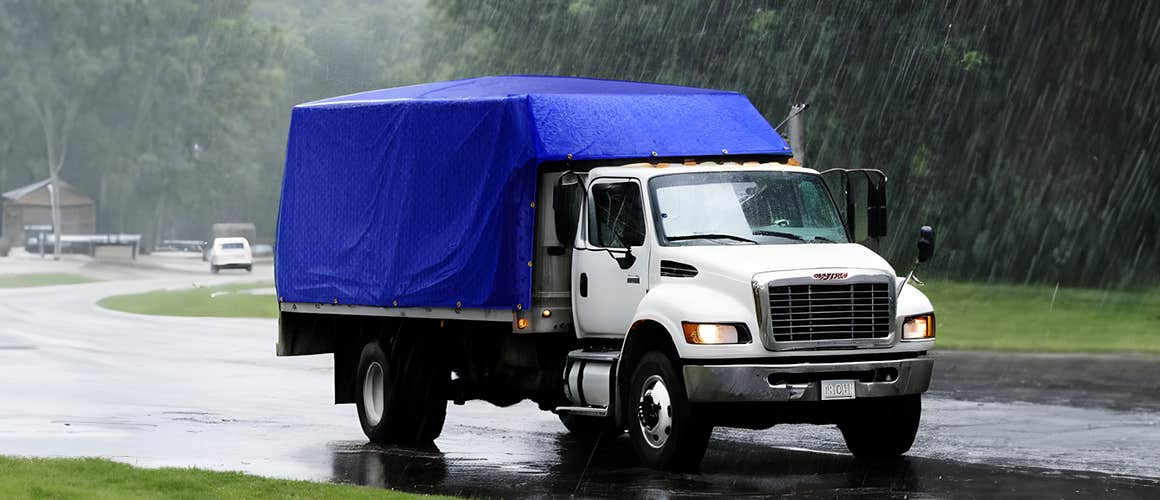
- Proper Tarp Inspection: Look over the tarp for any signs of damage, like tears, holes, or worn-out spots, before each use. Tarps that are damaged should be replaced or fixed so that they provide enough cover during transport.
- Safe Attachment: Make sure the tarp is properly tensioned and firmly fastened so it does not flap or blow away while being moved. To attach the tarp to the cargo or truck, use the right tools, like bungee cords, ropes, or straps.
- Even Distribution: Spread the strain out evenly across the tarp to keep stress from building up in one place and lower the risk of it tearing or coming off. If the tension needs to be changed, do so that the whole load stays snug and safe.
- Overlapping Coverage: Overlap several tarps or tarp pieces to cover everything and make sure there are no gaps or open spots where the weather can get in. Use tarp clips or clamps to keep sides from slipping and letting water in.
- Regular Maintenance: Be it mesh tarps or vinyl tarps, they should be cleaned and maintained regularly to get rid of dirt, trash, and other things that can make them less effective and shorten their lives. To get the most out of your canvas tarps and make them last longer, make sure you clean and store them according to the manufacturer’s instructions.
In summary, these industrial tarps are indispensable for protecting cargo during transportation. By choosing the right tarps and following best practices for safe tarping, you can ensure the safety and integrity of your goods throughout the journey. Invest in quality truck tarps, adhere to proper installation methods, and conduct regular maintenance to mitigate risks and safeguard your valuable cargo. With tarps as your reliable shield, you can transport goods with confidence, knowing they’re well-protected from the elements and secure during transit.
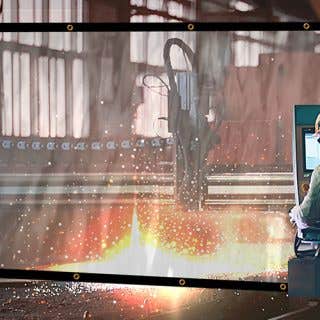


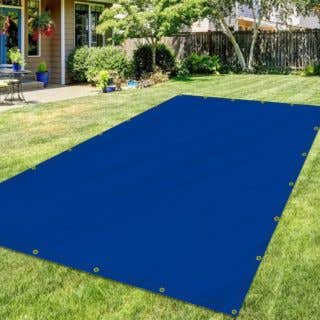


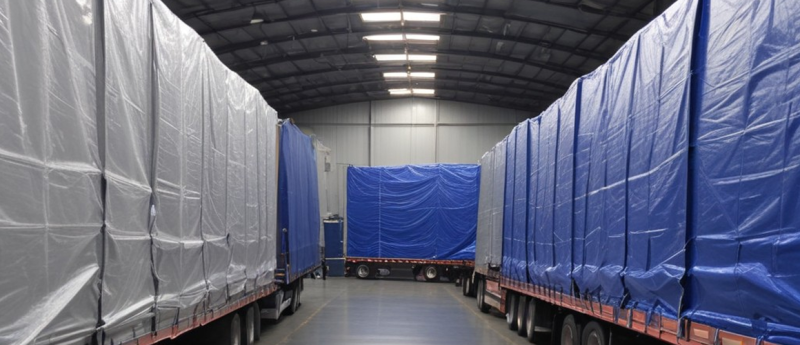



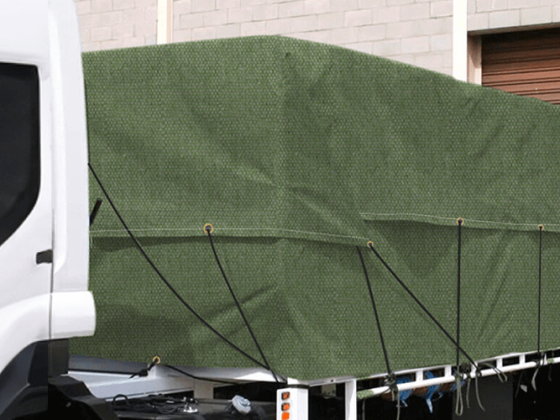
Recent Comments